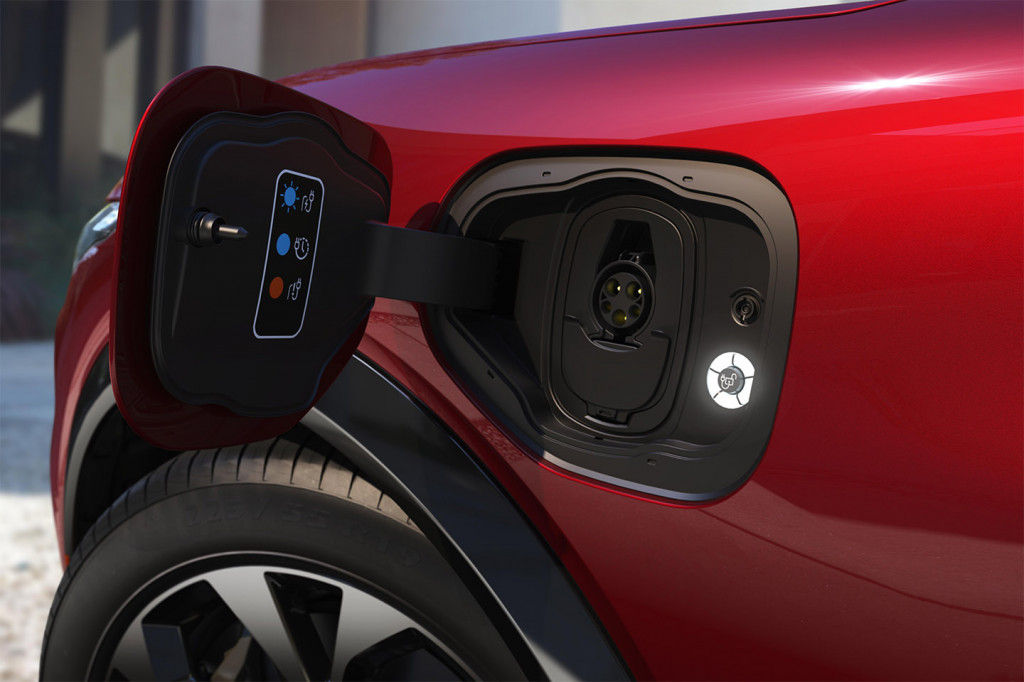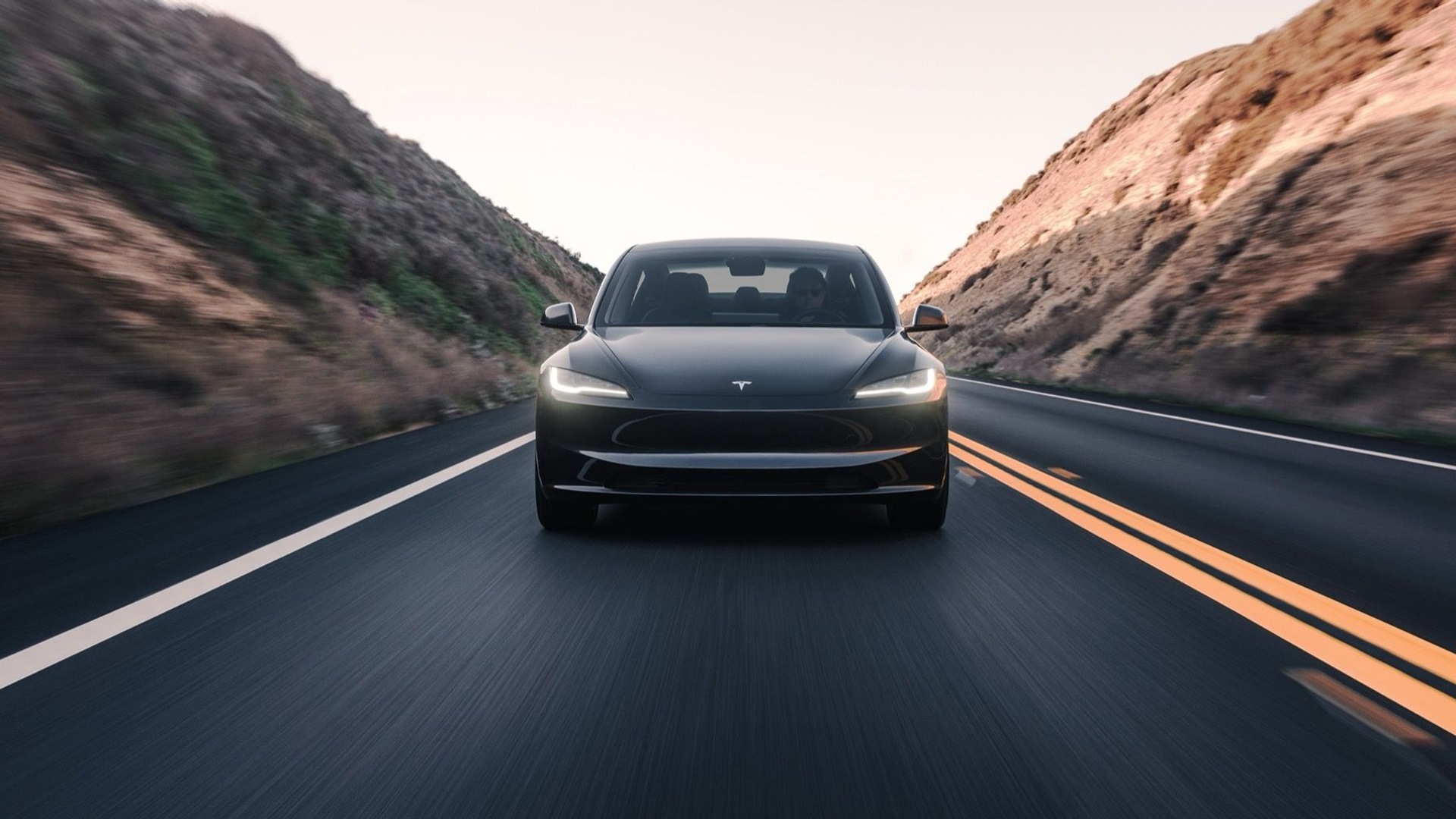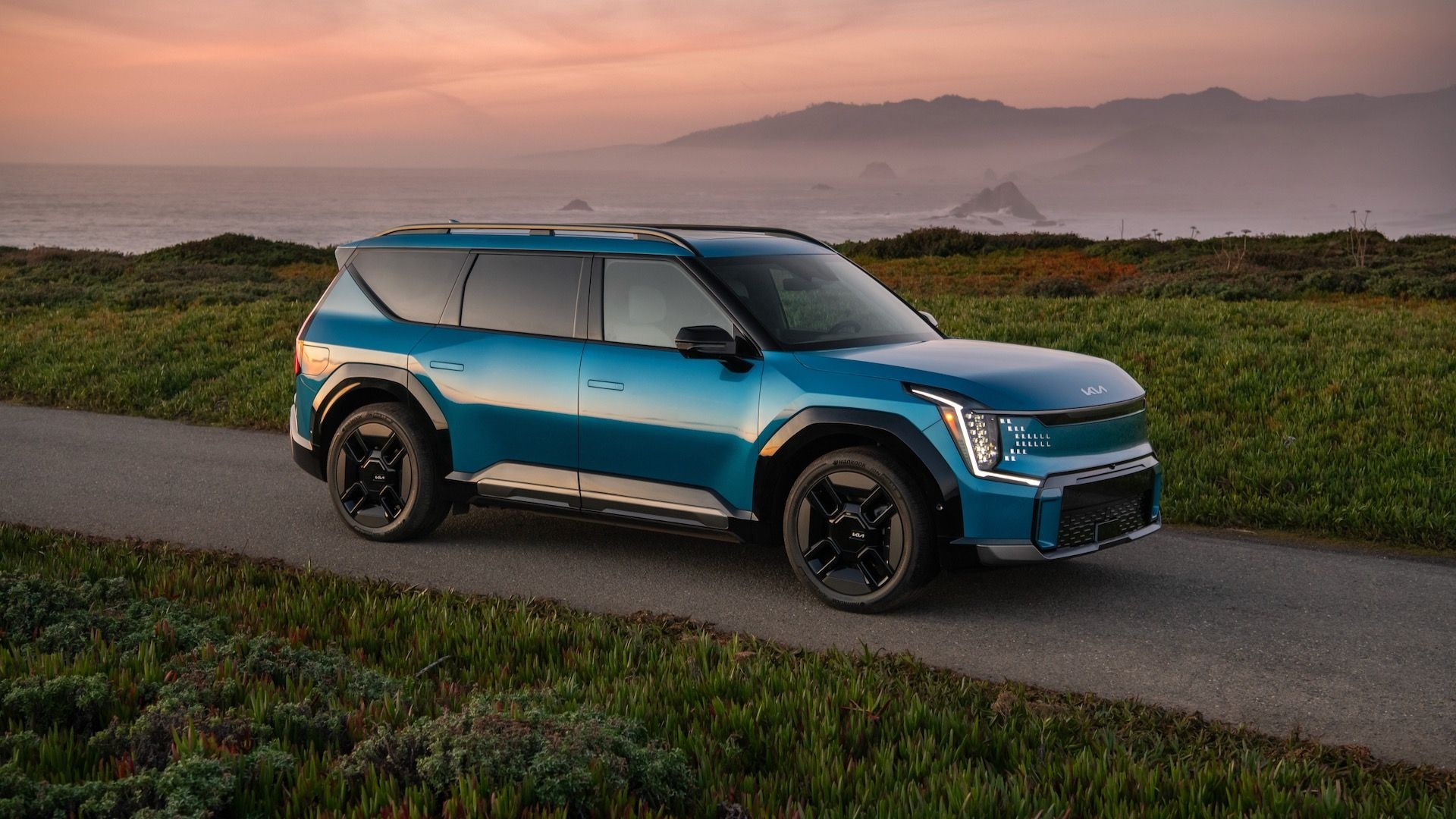Ford on Wednesday announced a $1 billion electrification investment for Europe, with the goal of making its entire passenger-car lineup in that market all-electric by 2030.
The money will be used to upgrade Ford's Cologne, Germany, factory for electric-vehicle production. Cologne is Ford's flagship European factory, and the home of its European division. The first volume electric car for European customers will roll out of the Cologne factory in 2023, Ford said.
Expanded manufacturing capacity will allow Ford to ramp up the electrification of its European lineup. By 2026, Ford wants 100% of its European passenger cars to be "zero-emissions capable," meaning there will be an all-electric or plug-in hybrid powertrain option for each model, moving to all-electric in 2030.
Ford has already confirmed a European-market EV based on the Volkswagen MEB platform, which could be built in Cologne, but has otherwise been vague on product plans for that market.

2021 Ford Mustang Mach-E
As with the United States, where the E-Transit van is scheduled to go on sale later this year, Ford is also betting on commercial EVs for the European market. The automaker said its European commercial range will also be 100% zero-emissions capable by 2024, and it expects two-thirds of European commercial-vehicle sales to be all-electric or plug-in hybrid by 2030.
Ford also confirmed in September 2020 that it will build five EVs in Canada beginning in 2025. It will invest $1.8 billion in the Oakville, Ontario, factory to convert it for EV production. Ford currently builds the Mustang Mach-E crossover in Mexico, and has said it will build the F-150 Electric pickup truck in Michigan. That model is expected to arrive in 2022.
Meanwhile, rival General Motors has essentially withdrawn from Europe—except for a minimal presence of Cadillac—with the sale of its Opel division to France's PSA Group (now Stellantis). In 2016, when GM was about to launch a European-market version of the Chevrolet Bolt EV dubbed the Opel Ampera-E, it only predicted electric cars to account for 10% to 15% of its European sales by 2030. Opel now sells the Corsa-E, rather than the Ampera-E.
Yet GM used the high EV adoption rate in Norway, which many see as part of the European market, as fodder for a Super Bowl ad touting its electrification efforts. GM now says it "aspires" to eliminate tailpipes from its passenger-car lineup by 2035.












